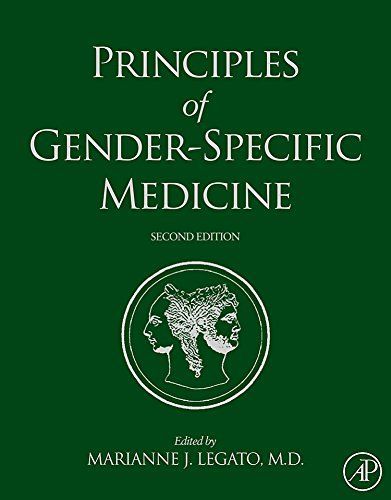
Principles of Gender-Specific Medicine
The field of gender-specific medicine examines how normal human biology and physiology differ between men and women and how the diagnosis and treatment of disease differs as a function of gender. This revealing research covers various conditions that predominantly occur in men as well conditions that predominantly occur in women. Among the areas of greatest difference are cardiovascular disease, mood disorders, the immune system, lung cancer as a consequence of smoking, osteoporosis, diabetes, obesity, and infectious diseases. The Second Edition of Principles of Gender-Specific Medicine focuses on the essentials of gender-specific medicine and the current study of sex and gender differences in human physiology and pathophysiology. New section editors, new chapter authors, and new chapters have been added to reflect the most up-to-date clinical research and practice. Offers insight into how the gender-specific risks of one organ system’s disease affects the health of other organ systems Outlines the sex-specific differences of normal anatomy and physiology Illustrates the gender-specific features and quantifies "gender" and "sex" as risk factors across all major diseases Qualifies and analyzes the results of new drug therapies designed with gender-specific differences in mind: ex, hormone therapy in men and women for the prevention and treatment of cardiovascular disease All chapters progress translationally from the basic science to the clinical applications of gender-specific therapies, drugs, or treatments Sections on drug metabolism, aging, and meta-analysis of data incorporated into all disease-specific chapters